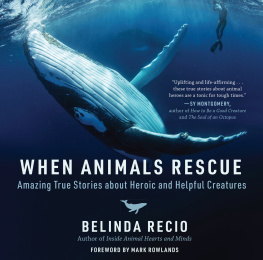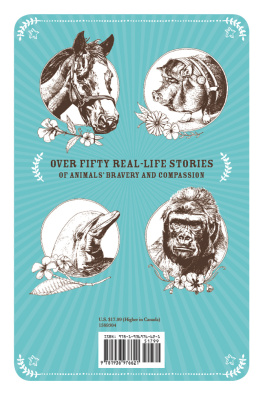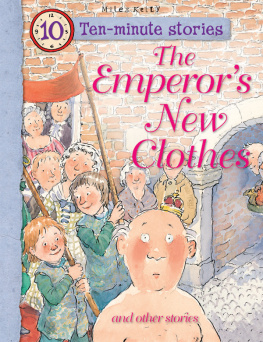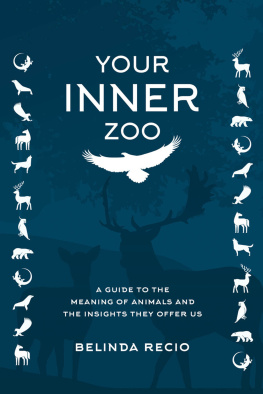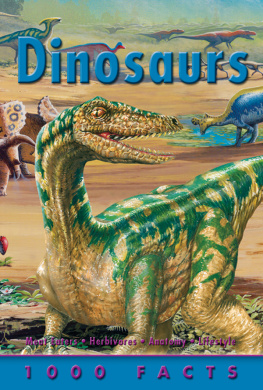

Copyright 2020 Belinda Recio
All rights reserved. No part of this book may be reproduced in any manner without the express written consent of the publisher, except in the case of brief excerpts in critical reviews or articles. All inquiries should be addressed to Skyhorse Publishing, 307 West 36th Street, 11th Floor, New York, NY 10018.
Skyhorse Publishing books may be purchased in bulk at special discounts for sales promotion, corporate gifts, fund-raising, or educational purposes. Special editions can also be created to specifications. For details, contact the Special Sales Department, Skyhorse Publishing, 307 West 36th Street, 11th Floor, New York, NY 10018 or .
Skyhorse and Skyhorse Publishing are registered trademarks of Skyhorse Publishing, Inc., a Delaware corporation.
Visit our website at www.skyhorsepublishing.com.
10 9 8 7 6 5 4 3 2 1
Library of Congress Cataloging-in-Publication Data is available on file.
Library of Congress Control Number: 2020933029
Cover design by Erin Seaward-Hiatt
Cover photo credit: iStockphoto
Print ISBN: 978-1-5107-6260-2
Printed in China
Praise for Inside Animal Hearts and Minds
Belinda Recio has written a fascinating account of animal emotions and animal intelligence. She makes the stories she tells available to a wide audience, and her examples are fair, friendly, and charming. I cannot imagine any animal lover not finding this a wonderful book!
Jeffrey Moussaieff Masson, bestselling author of nine books on the emotional life of animals, including Beasts: What Animals Can Teach Us
About the Origins of Good and Evil
In an increasingly human-dominated world, nonhuman animals need all the help they can get. Belinda Recios Inside Animal Hearts and Minds will make it easier for people to re-wild their hearts, and reconnect with other animals. Its essential that as we learn about the inner lives of animals their cognitive, emotional, and moral capacitieswe take action on their behalf. Ms. Recios book could be a game changer.
Marc Bekoff, professor emeritus of Ecology and Evolutionary Biology at the University of Colorado, Boulder, and author of numerous books on animals, including The Emotional Lives of Animals: A Leading Scientist
Explores Animal Joy, Sorrow, and Empathy and Why They Matter


Contents
For Spooner,
whose charisma, intelligence, sense of humor, and love
enriched my life beyond measure.
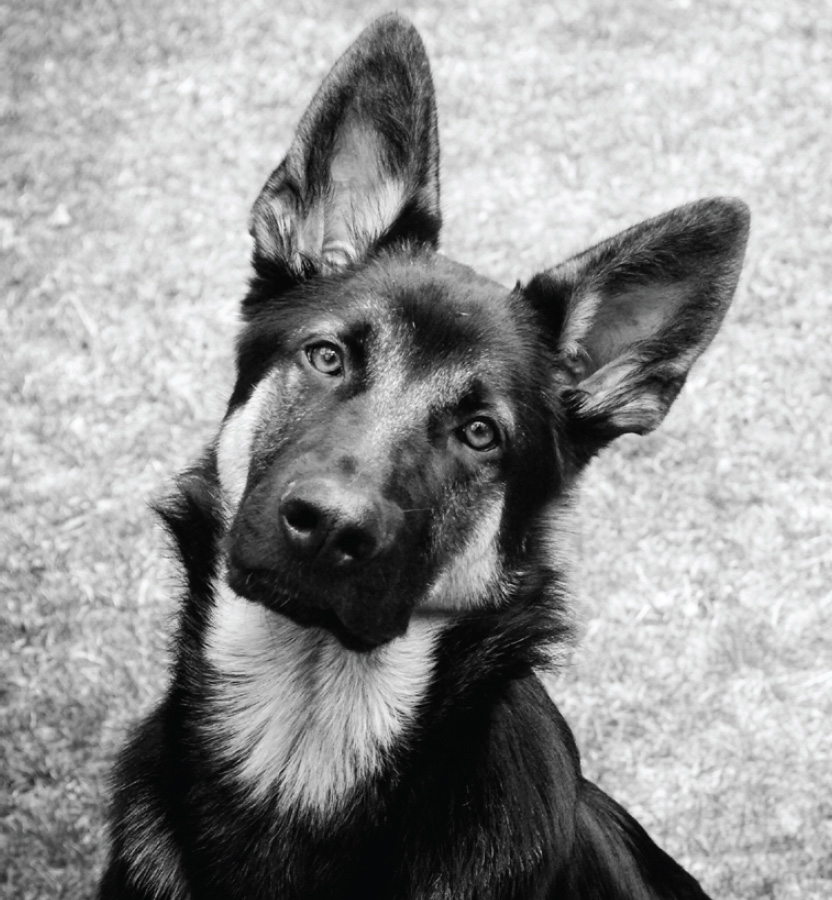

The heart has reasons of which reason knows nothing .
Blaise Pascal, Penses
Foreword
Arthur Schopenhauer, popularly known as the great philosopher of pessimism, once encapsulated the human moral predicament in a way that, to my ears at least, almost sounds optimistic.
From this point of view, we might well consider the proper form of address to be not Monsieur , Sir , Mein Herr , but my fellow sufferer , Soci Malorum , compagnons de misre . This... reminds us of that which is after all the most necessary thing in lifethe tolerance, patience, regard, and love of neighbor of which everyone stands in need and which, therefore, every man owes his fellow.
This world is everything we have, and we are therefore, I suppose, obliged to love it. Nevertheless, we know that, in certain respects, it is a bad world. It is not merely that it is a world replete with suffering: pain, torment on an almost unimaginable scale. Worse: this suffering is a consequence of the basic design principles of the universe. The first law of thermodynamics tells us that energy can neither be created nor destroyed. The second law tells us that the disorder of any complex structure will increase in the absence of an input of energy. Taken together, these laws entail that destruction and death are built into our universe, as simple consequences of its design. To remain in existence, complex structuressuch as you and Imust break down other complex structures and consume their energy. Even worse: when the light of consciousness finally evolved in this formerly dark universe, destruction was translated into suffering. And, worst of all: it is overwhelmingly likely that in lives such as ours, and in the lives of other conscious creatures, suffering will predominate. Suffering is a sign that the struggle to stay in existence is going badly, and you always have to pay special attention to this. Happinessthe sign of a struggle going wellyou can afford to ignore. Suffering you have to deal with. And so, Schopenhauer concluded, we are, and must always be, more attuned to suffering than happiness. Unless we are very, very lucky, the suffering in our lives will outweigh the happiness. This is our predicament. His answer, his moral categorical imperative, was compassion.
In such a world, Schopenhauers vision may seem unlikely. How could the sorts of things to which Schopenhauer appealedtolerance, patience, regard, love, compassionexist in a world designed in this way? How could goodnessmoral goodnessevolve in a world predicated on destruction? Put it this way: if you were told beforehand that this is how the universe was going be designedby way of two laws that had such baleful consequenceshow much money would you have been willing to put on the emergence of these sorts of qualities? I have to admit: I suspect I wouldnt have seen it coming.
Yet it did. These qualities emerged. As Belinda Recios wonderful book demonstrates, they are not at all the exclusive preserve of humansas we self-servingly try to convince ourselvesbut are distributed widely throughout the animal kingdom. We humans are not the only moral animals. Indeed, we are probably not even the most moral of animals. That a universe designed along the most seemingly malicious lines produced these qualities, the kinds of behaviors documented in this book, seems almost miraculous to me. Sometimes I wish I were a more religiously inclined man, for then I could use the word miracle without compunction or scruple. Without it seeming a little odd . But, anyway, it is not a miracle. None of it is. There is no supernatural agency. There are no violations of the laws of nature. And we have a reasonable understanding of why and how goodness of this sort arose, in other animals as well as ourselves. Nevertheless, there is still something about it all that just seems so fantastically improbable: that a universe designed this way should have produced animals who do the things described here. Our home being what it is, this is what we might think of as a miracle of improbability.
In this book you meet animals who prove themselves to be so much more than the biological marionettes, or stimulus-response machines, that we have, for so long, tried to convince ourselves that they are. You will meet animalslittle miracles of improbabilitywho are tolerant, patient, loving, kind, and compassionate. Not to mention intelligent and brave. You will meet animals who are our friends, our fellow travelers, our fellow sufferers, our compagnons de misre . You will, above all, meet animals who are good . If I understand Schopenhauer at all, then I know he would have approved.
Next page
